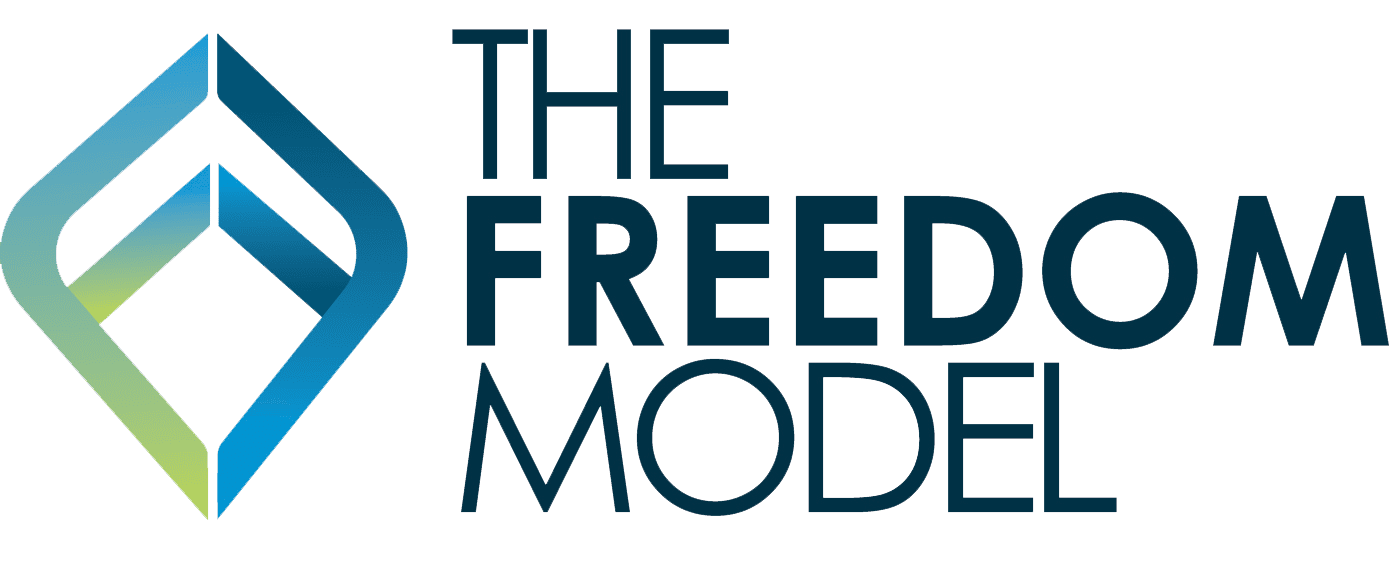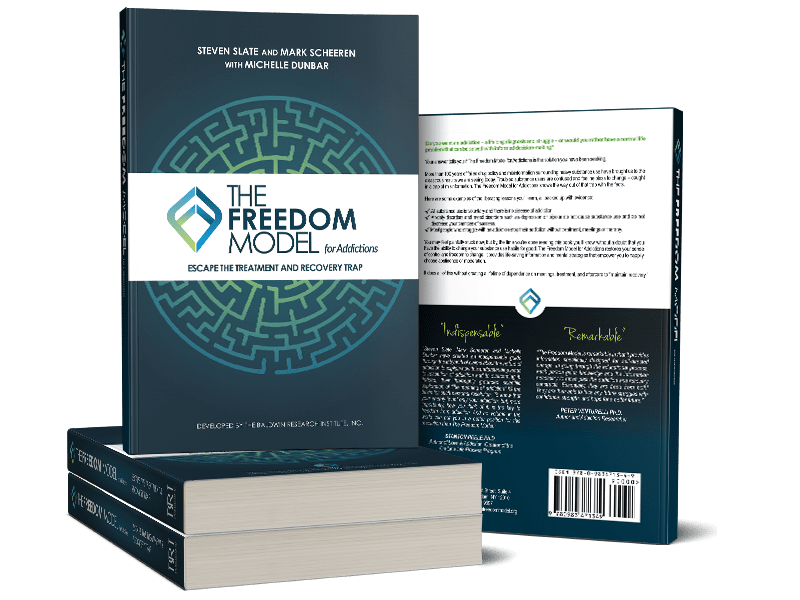You Asked, We Answered
Addiction Questions
I had a traumatic youth. It was extremely stressful and chaotic, and drugs became my answer. Today, I still find myself getting high as I try to deal with my traumatic past and lost relationships and my guilt. How do I deal with stress and trauma and also stay clean?
The Freedom Model for Addictions has an entire chapter devoted to these Learned Connections (stress and use, trauma and use, depression and use, anxiety and use, etc.). Take a look:
“When we are born, we are mental blank slates. We don’t hate, we don’t love, and we don’t have knowledge of the world. If not for those around us, we would perish. We are completely dependent on others to learn our worldview, and from there, we develop our own perspectives.[1] This is an important point. We learn as we navigate life. We learn our values, wants, needs, talents, abilities, and eventually, entire worldview—and in the United States, that worldview includes an addiction- and recovery-centered culture. Within that recovery ideology, we learn that stress, trauma, and the like cause substance use. For people who do not come from our culture, this learned connection does not exist, or they have a subtler version of it. Think about that. If not for the influence of the recovery society within our culture, very few people would ever connect stress, trauma, or any outside force to the use of substances. If that connection is learned, that means things such as trauma, stress, depression, and anxiety are NOT automatic triggers for substance use. And, most important to you, these connections can be unlearned.
You see, the way ideas are stated matters. If you say that stress causes use and that this is especially true in a special subgroup of people called addicts and alcoholics, then you have just created a powerful myth, complete with the central beliefs of that myth and its characters. The myth is then corroborated by some anecdotal evidence that seems to prove the idea true. For example, Tanya is stressed out, so she runs away and shoots heroin. Then a few days after her episode, she says, “I got high because I was so stressed out!” But is this really an inherent truth about human behavior, that everyone will automatically shoot heroin into their veins if they are stressed? Or did Tanya learn this pattern of choices in health class, on TV, through a brother who went to rehab a few years back, or from a therapist she was mandated to see after a DUI? If none these factors existed in Tanya’s life, would she still believe feeling stressed automatically led her to uncontrollable heroin use and inevitable addiction? The answer is no. It would not occur to her to make that mental connection. Tanya learned the idea that being stressed and shooting up are connected; her self-doubt and well-meaning helpers validated that she’s too weak to withstand this connection, and now the connection is part of her self-image and feels real. Connections like these are entirely learned concepts, not inherent, unavoidable human truths. If left to develop her own opinions, Tanya might simply find heroin to be pleasurable, but she would never see it as a solution to anything other than a desire for momentary pleasure.”
[1] Some readers may see this as being a contradiction to mental autonomy, but it is not. Our social environment provides us with many potential ideas, but we are still the choosers of what we do and don’t believe.


0 Comments